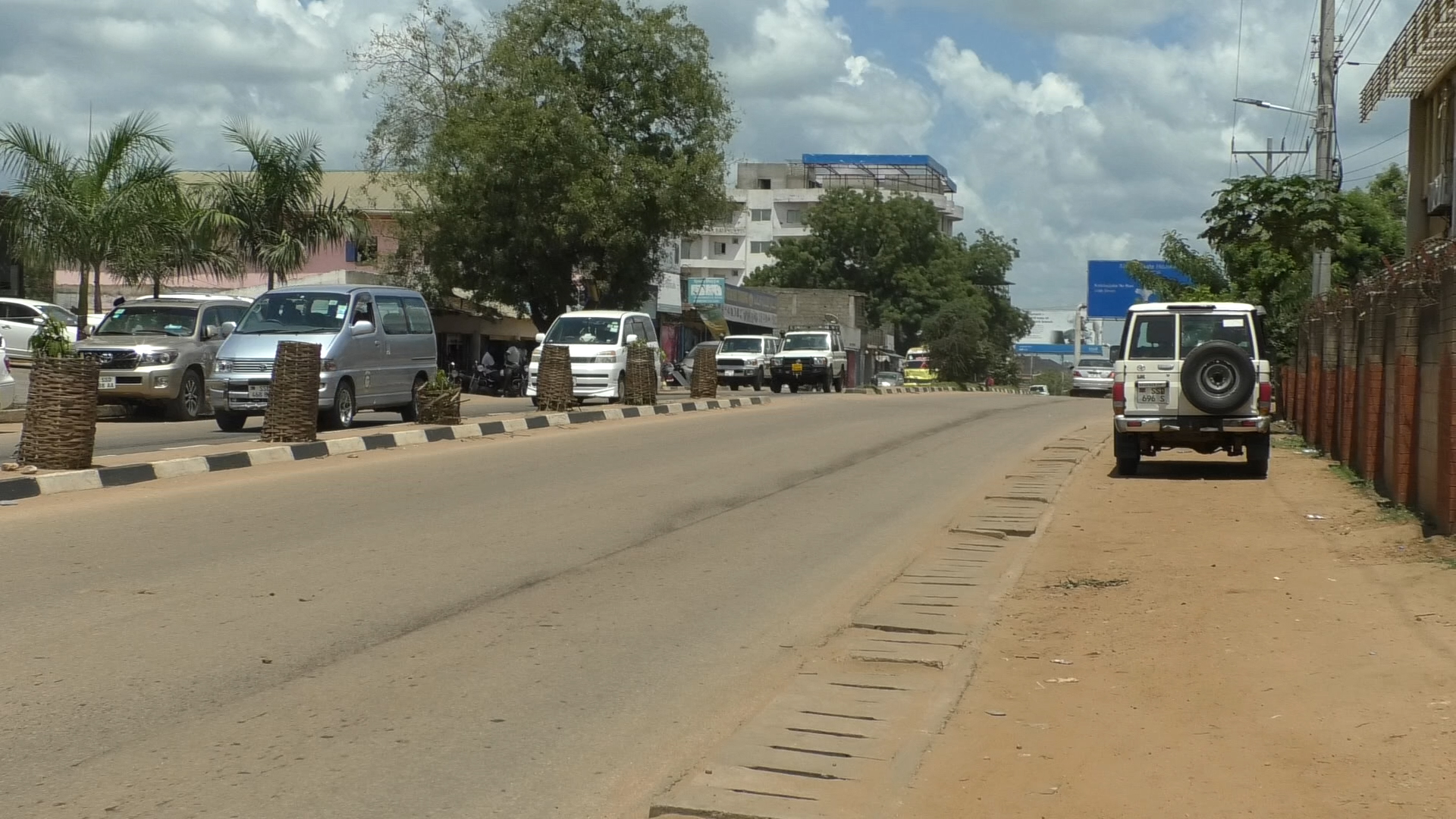
Women call for implementation of UNSC resolution 1325

By Simon Deng
South Sudanese women have urged the transitional unity government to implement United Nations Security Council Resolution 1325 in a bid to incorporate gender perspective and increase women’s participation in governance.
Rita Lopidia, the Executive Director of Eve Organization, said on Tuesday that there is a need to provide a platform for women to reflect on peace and security.
“On women’s peace and security agenda, little progress has been realized so far, today we do not have a national action plan for the implementation of UN Security Council Resolution 1325, and other key laws and frameworks that support women and girls,” said Lopidia during a conference held at Radisson Blu Hotel in Juba.
She called on the Ministry of Gender, Child and Social Welfare women leaders in the cabinet, and the legislature to coalesce efforts together to ensure the establishment of legal frameworks and national action plans to support the cause of women and girls.
Modi Enosa Mbaraza, the Executive Director of the Young Women Christian Association (YWCA), said that peace calls for the protection of women and girls, adding that they are vulnerable to sexual-related violence such as rape from time to time.
“We are also asking the government to engage more women at different levels, this will enable us to build a good nation,” said Mbaraza.
Doru Josephine, the Program Officer for Women International Peace Center, said the recent extension of the transitional period for another three years should enable the government to ensure meaningful participation of women in key decision-making processes.
She emphasized the protection of women and girls from violence, strengthening economic empowerment and meaningful participation in the extended transition are critical for realizing sustainable peace and advancing the well-being of society.
Rukaya Mohammed, Deputy Country Representative for UN Women, noted that women have been actively engaged in resolving community violence and promoting national reconciliation.
“Women have demonstrated leadership, resilience, and innovative thinking necessary to boost sustainable peace, UN Women and the UN system in collaboration with the government have strengthened their partnership to support the advancement of gender equality in South Sudan,” said Mohammed.
Bouwe-Jan Smeding, Deputy Head of Mission in the Kingdom of the Netherlands embassy, said that the implementation of the women’s peace and security agenda is lagging far behind in South Sudan.
“We seem to be further away from effective implementation of the women’s peace and security agenda ever since its adoption, this is particularly the case when we look at women’s participation in leadership, conflict resolution, and peacebuilding,” said Smeding.
Atong Kuol, Deputy Governor of Jonglei State, said that citizens are still reeling from the effects of the conflicts in 2013 and 2016, adding that they are collaborating with partners to address the challenges facing women and children in the country.
“Women should not only be seen as helpless victims but leaders in various areas, they should be given the space to articulate and amplify their voices effectively, this is possible if women’s inclusion is prioritized in every stage of the decision-making process,” said Kuol.
On 31 October 2000, the Security Council adopted a resolution (S/RES/1325) on women, peace, and security.
The resolution reaffirms the important role of women in conflict prevention and resolution, peace negotiations, peace-building, peacekeeping, humanitarian response, and post-conflict reconstruction and stresses the importance of their equal participation and full involvement in all efforts to maintain and promote peace and security.
Resolution 1325 urges all actors to increase the participation of women and incorporate gender perspectives in all United Nations peace and security efforts.
It also calls on all parties to conflict to take special measures to protect women and girls from gender-based violence, particularly rape and other forms of sexual abuse, in situations of armed conflict. The resolution provides many important operational mandates, with implications for Member States and the entities of the United Nations system.



































